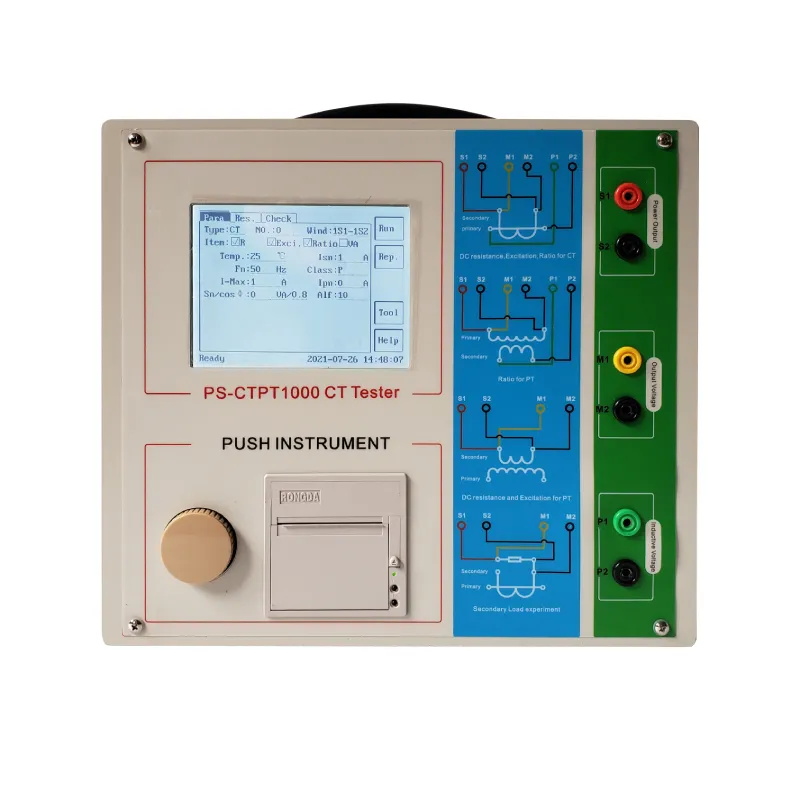TEL:
+86-0312-3189593
 English
English

Telephone:0312-3189593

Email:sales@oil-tester.com

-
 Afrikaans
Afrikaans -
 Albanian
Albanian -
 Amharic
Amharic -
 Arabic
Arabic -
 Armenian
Armenian -
 Azerbaijani
Azerbaijani -
 Basque
Basque -
 Belarusian
Belarusian -
 Bengali
Bengali -
 Bosnian
Bosnian -
 Bulgarian
Bulgarian -
 Catalan
Catalan -
 Cebuano
Cebuano -
 China
China -
 China (Taiwan)
China (Taiwan) -
 Corsican
Corsican -
 Croatian
Croatian -
 Czech
Czech -
 Danish
Danish -
 Dutch
Dutch -
 English
English -
 Esperanto
Esperanto -
 Estonian
Estonian -
 Finnish
Finnish -
 French
French -
 Frisian
Frisian -
 Galician
Galician -
 Georgian
Georgian -
 German
German -
 Greek
Greek -
 Gujarati
Gujarati -
 Haitian Creole
Haitian Creole -
 hausa
hausa -
 hawaiian
hawaiian -
 Hebrew
Hebrew -
 Hindi
Hindi -
 Miao
Miao -
 Hungarian
Hungarian -
 Icelandic
Icelandic -
 igbo
igbo -
 Indonesian
Indonesian -
 irish
irish -
 Italian
Italian -
 Japanese
Japanese -
 Javanese
Javanese -
 Kannada
Kannada -
 kazakh
kazakh -
 Khmer
Khmer -
 Rwandese
Rwandese -
 Korean
Korean -
 Kurdish
Kurdish -
 Kyrgyz
Kyrgyz -
 Lao
Lao -
 Latin
Latin -
 Latvian
Latvian -
 Lithuanian
Lithuanian -
 Luxembourgish
Luxembourgish -
 Macedonian
Macedonian -
 Malgashi
Malgashi -
 Malay
Malay -
 Malayalam
Malayalam -
 Maltese
Maltese -
 Maori
Maori -
 Marathi
Marathi -
 Mongolian
Mongolian -
 Myanmar
Myanmar -
 Nepali
Nepali -
 Norwegian
Norwegian -
 Norwegian
Norwegian -
 Occitan
Occitan -
 Pashto
Pashto -
 Persian
Persian -
 Polish
Polish -
 Portuguese
Portuguese -
 Punjabi
Punjabi -
 Romanian
Romanian -
 Russian
Russian -
 Samoan
Samoan -
 Scottish Gaelic
Scottish Gaelic -
 Serbian
Serbian -
 Sesotho
Sesotho -
 Shona
Shona -
 Sindhi
Sindhi -
 Sinhala
Sinhala -
 Slovak
Slovak -
 Slovenian
Slovenian -
 Somali
Somali -
 Spanish
Spanish -
 Sundanese
Sundanese -
 Swahili
Swahili -
 Swedish
Swedish -
 Tagalog
Tagalog -
 Tajik
Tajik -
 Tamil
Tamil -
 Tatar
Tatar -
 Telugu
Telugu -
 Thai
Thai -
 Turkish
Turkish -
 Turkmen
Turkmen -
 Ukrainian
Ukrainian -
 Urdu
Urdu -
 Uighur
Uighur -
 Uzbek
Uzbek -
 Vietnamese
Vietnamese -
 Welsh
Welsh -
 Bantu
Bantu -
 Yiddish
Yiddish -
 Yoruba
Yoruba -
 Zulu
Zulu
Vas . 06, 2025 05:29
Back to list
Insulating Oil Dielectric Strength Tester Accessories, Oil Cup
Impulse testing of power transformers is a critical procedure designed to assess the ability of these essential devices to withstand transient overvoltages commonly encountered in electrical systems. Drawing from firsthand experience and industry expertise, this article elucidates the nuances and importance of impulse tests in ensuring the reliability and longevity of power transformers.
Moreover, the expertise required extends to interpreting waveforms, which can be complex. Experienced engineers possess the acumen to discern subtle waveform discrepancies, which might indicate weaknesses in the transformer's insulation. This interpretative skill is honed over years of practice and is indispensable for making informed judgments about a transformer's operational readiness. Authoritativeness and Reference Standards Toroducing impulse testing protocols requires strict adherence to global standards set by recognized authorities such as IEEE Standard C57.98 and IEC 60076-3. These guidelines define parameters for testing and specify the acceptable limits of voltage impulses. Compliance ensures that impulse tests meet internationally recognized benchmarks, which in turn assures stakeholders of the transformer's reliability. Trustworthiness Through Transparency and Verification Trustworthiness in impulse testing is gained through transparency and third-party verifications. Engineers document every aspect of the testing process, from initial setup through to final analysis, providing a clear audit trail. This documentation is vital for stakeholders who must be assured of the test's integrity. Independent third-party verification further bolsters trust, offering an unbiased assessment of the test results and methodologies used. Conclusion Impulse Testing as a Pillar of Transformer Reliability Impulse testing remains a cornerstone in the maintenance and verification of power transformers. Its role in safeguarding electrical infrastructure cannot be overstated. Expertise, meticulous adherence to standards, and unwavering transparency ensure that impulse testing provides reliable insights into a transformer's ability to cope with real-world electrical transients. These tests are essential not only for establishing transformer quality but also for reinforcing trust in the electrical systems that underpin modern society.


Moreover, the expertise required extends to interpreting waveforms, which can be complex. Experienced engineers possess the acumen to discern subtle waveform discrepancies, which might indicate weaknesses in the transformer's insulation. This interpretative skill is honed over years of practice and is indispensable for making informed judgments about a transformer's operational readiness. Authoritativeness and Reference Standards Toroducing impulse testing protocols requires strict adherence to global standards set by recognized authorities such as IEEE Standard C57.98 and IEC 60076-3. These guidelines define parameters for testing and specify the acceptable limits of voltage impulses. Compliance ensures that impulse tests meet internationally recognized benchmarks, which in turn assures stakeholders of the transformer's reliability. Trustworthiness Through Transparency and Verification Trustworthiness in impulse testing is gained through transparency and third-party verifications. Engineers document every aspect of the testing process, from initial setup through to final analysis, providing a clear audit trail. This documentation is vital for stakeholders who must be assured of the test's integrity. Independent third-party verification further bolsters trust, offering an unbiased assessment of the test results and methodologies used. Conclusion Impulse Testing as a Pillar of Transformer Reliability Impulse testing remains a cornerstone in the maintenance and verification of power transformers. Its role in safeguarding electrical infrastructure cannot be overstated. Expertise, meticulous adherence to standards, and unwavering transparency ensure that impulse testing provides reliable insights into a transformer's ability to cope with real-world electrical transients. These tests are essential not only for establishing transformer quality but also for reinforcing trust in the electrical systems that underpin modern society.
Previous:
Latest news
-
Testing Equipment Industry Sees Major Advancements in 2025: Smart & Precision Technologies Lead the WayNewsJun.06,2025
-
Applications of Direct Current Generators in Renewable Energy SystemsNewsJun.05,2025
-
Hipot Tester Calibration and Accuracy GuidelinesNewsJun.05,2025
-
Digital Circuit Breaker Analyzer Features and BenefitsNewsJun.05,2025
-
Benefits of Real-Time Power Quality Monitoring Devices for Industrial EfficiencyNewsJun.05,2025
-
Earth Fault Loop Testing in High-Rise Building Electrical SystemsNewsJun.05,2025



